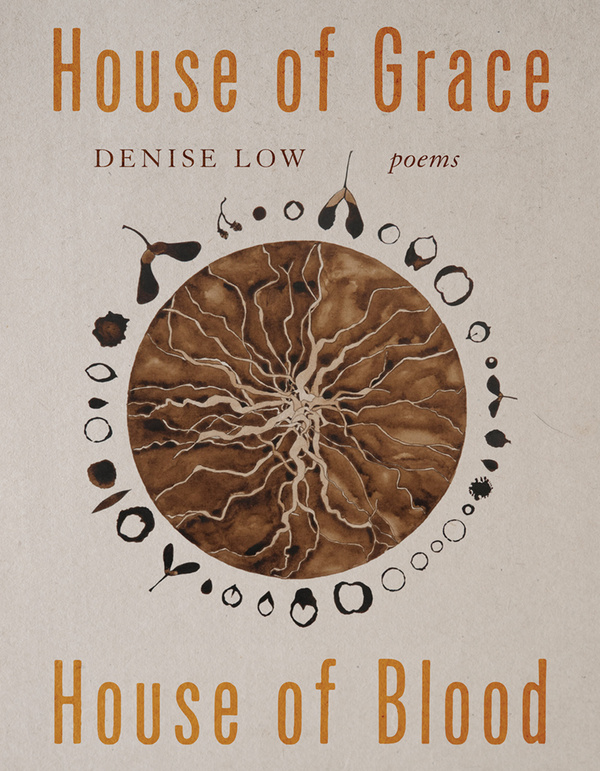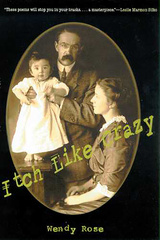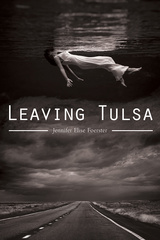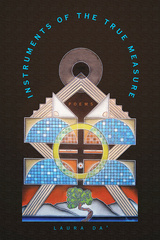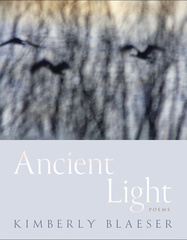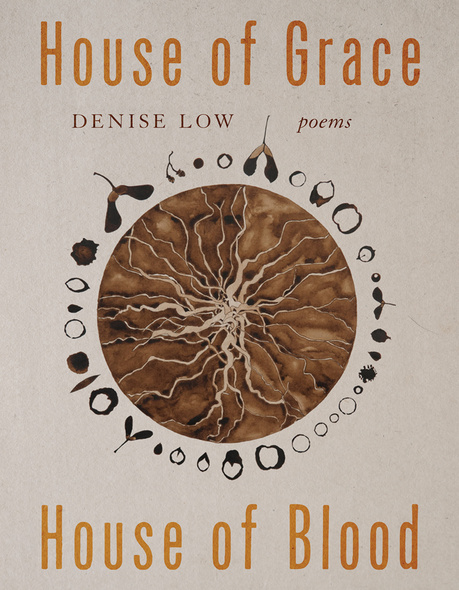
In a personal poetic treatment of documents, oral tradition, and images, the author embodies the contradictions she unravels. From a haunting first-person perspective, Low’s formally inventive archival poetry combines prose and lyric, interweaving verse with historical voices in a dialogue with the source material. Each poem builds into a larger narrative on American genocide, the ways in which human loss corresponds to ecological destruction, and how intimate knowledge of the past can enact healing.
Ultimately, these poems not only reconstruct an important historical event, but they also put pressure on the gaps, silences, and violence of the archive. Low asks readers to question not only what is remembered, but how history is remembered—and who is forgotten from it. Reflecting on the injustice of the massacre, the Shawnee leader Tecumseh lamented that though “the Americans murdered all the men, women, and children, even as they prayed to Jesus . . . no American ever was punished, not one.” These poems challenge this attempted erasure.
‘House of Grace, House of Blood moves far beyond the personal narrative to create an experience that clearly identifies the blade edge that is so-called American history, and invites the reader to consider how exclusion and connection hone it.’—Mihku Paul, author of 20th Century PowWow Playland.‘This account of the violence of ignorance and the heartbreak of broken trust is all too frequent—and all too frequently silenced, ignored, miswritten, or forgotten in our collective societal reckoning with the truth of our nation’s founding. And yet what Low seeks in House of Grace, House of Blood, what we who are compelled to bear witness in our verse seek in the telling, in the remembering, is a way forward through healing. The facts speak for themselves. The poet speaks for the dead—and those yet living.’—Abigail Chabitnoy, author of In the Current Where Drowning Is Beautiful
‘House of Grace, House of Blood is a masterpiece of both documentary poetry and Indigenous storytelling. Denise Low’s exploration of history, memory, genealogy, and identity acknowledges the complexity of her bloodlines and the possibility of healing. Throughout, her poems become ‘portals for hearing pleas / and scriptures.’’—Craig Santos Perez, author of From Unincorporated Territory [åmot]
‘These extraordinary poems painstaking detail Low’s discovery that her relatives include both the Christian Lenape and the settlers who slaughtered them in 1782. With documentary and lyric intensity, Low claims poetry itself as memorial in her extraordinary new book.’—Hadara Bar-Nadav, author of The Animal Is Chemical
‘In meticulously documenting the massacre of ninety-six Moravian Christian Indians in 1782 in powerful, heartbreaking poetry, Low does a service to poetry and history, and also honors the Indigenous peoples of North America, who have survived against all odds.’—Lucille Lang Day, co-editor of Red Indian Road West: Native American Poetry from California
‘Denise Low’s House of Grace, House of Blood chronicles the epigenetic expression of generational trauma left by the massacre of ninety-six Lenape Christian relatives inside a church in 1782. However, these poems also suggest epigenetic expressions of ancestral healing and reconciliation with living within contradictions, a powerful Indigenous inheritance that will leave you dancing in joyous resistance.’—Edgar Gabriel Silex, author of Acts of Love
‘The versatile and talented Denise Low ventures into documentary poetry in House of Grace, House of Blood with astonishing results. Through personal reflection, memories, imagined stories, chants, and collages of primary texts, she pieces together the story of one of the most heinous crimes against Indigenous people in North America. For Low, a descendent of both killers and killed, there are more questions than answers. These poems cinch the connections between religious and nationalist fervor, racial capitalism, and Indigenous survivance.’—Joseph Harrington, author of Disapparitions
Denise Low, former Kansas Poet Laureate, is on the board of Indigenous Nations Poets. Her recent books are The Turtle’s Beating Heart: One Family’s Story of Lenape Survival, Jigsaw Puzzling and A Casino Bestiary. She taught at Haskell Indian Nations University for twenty-five years.

